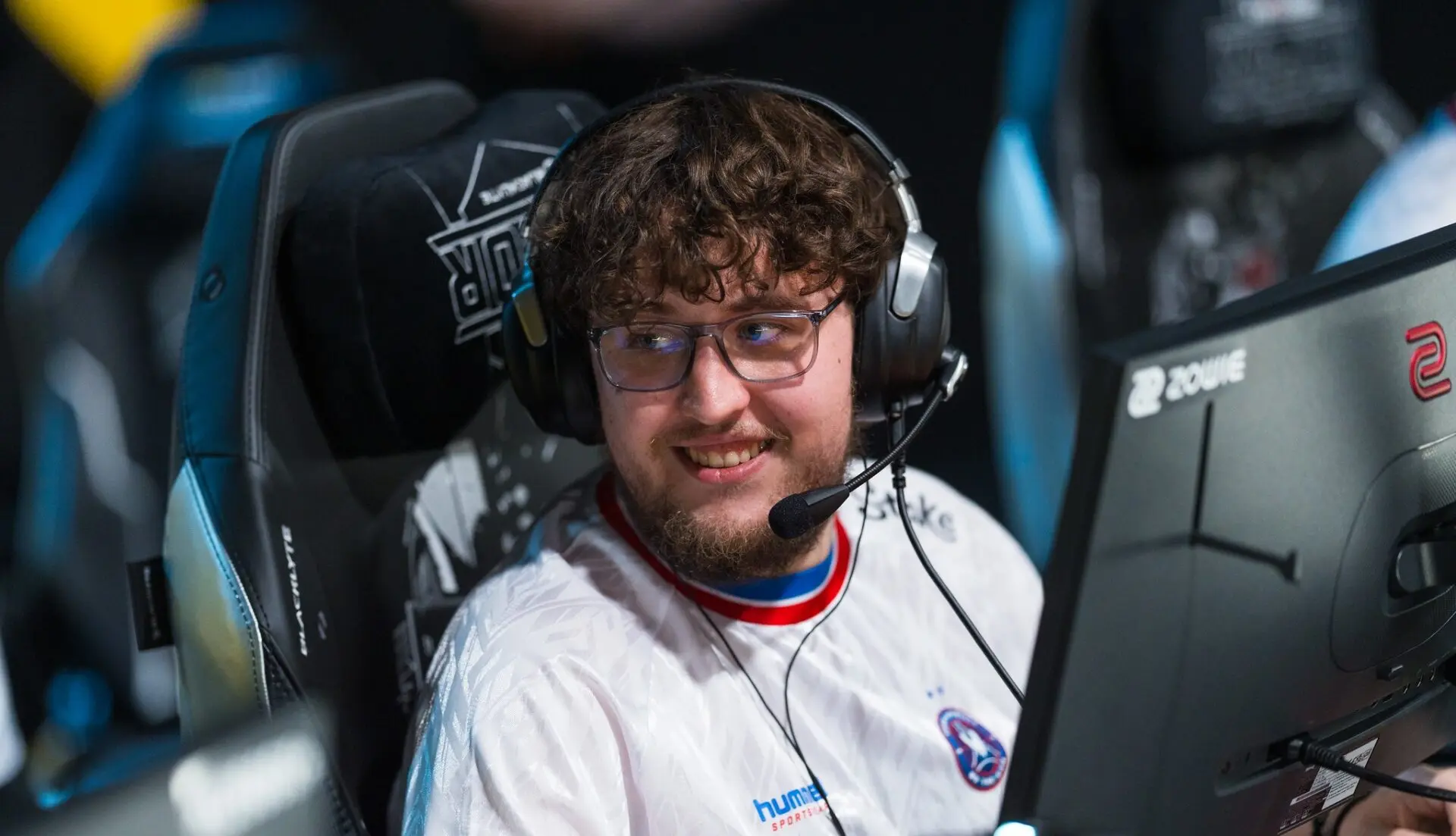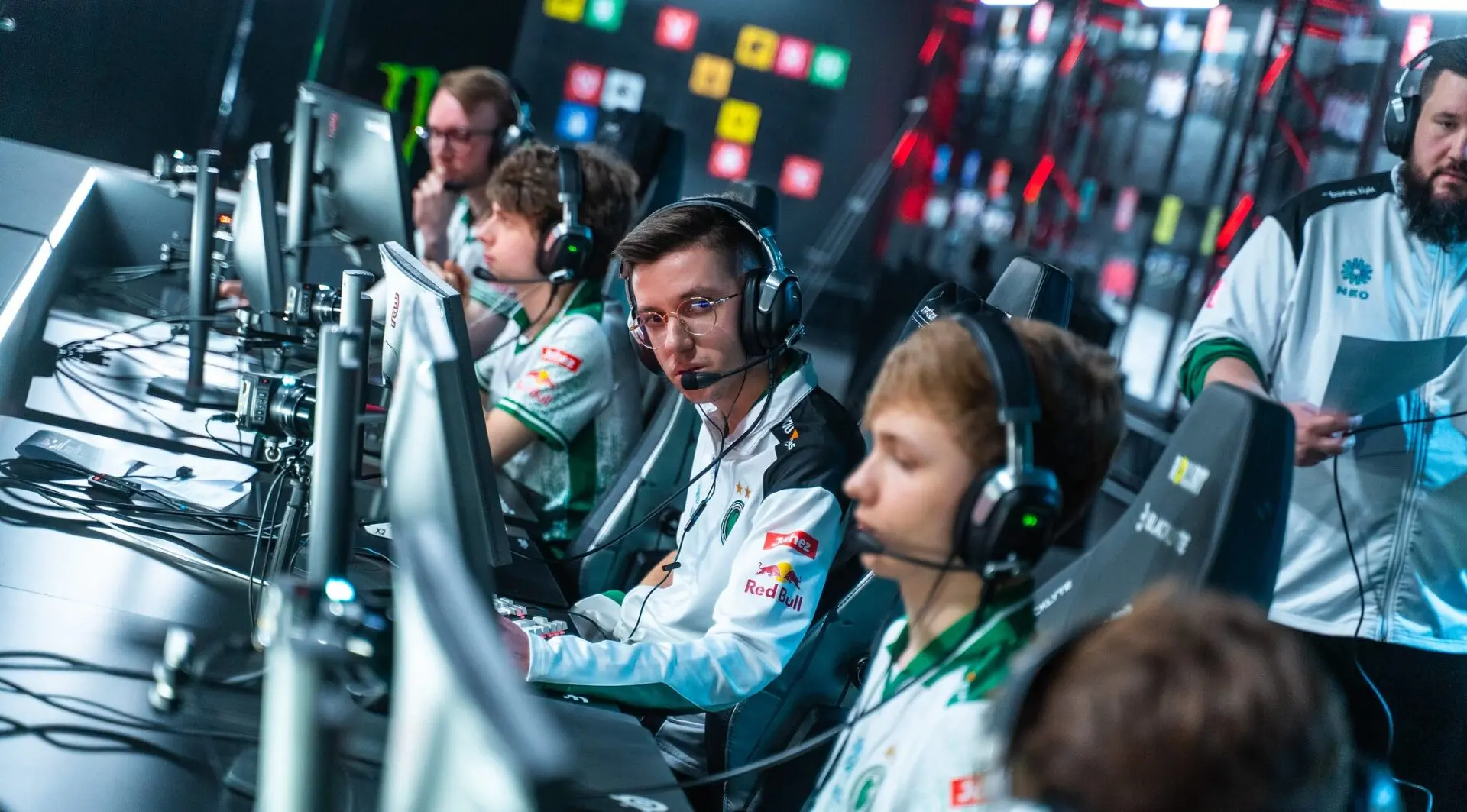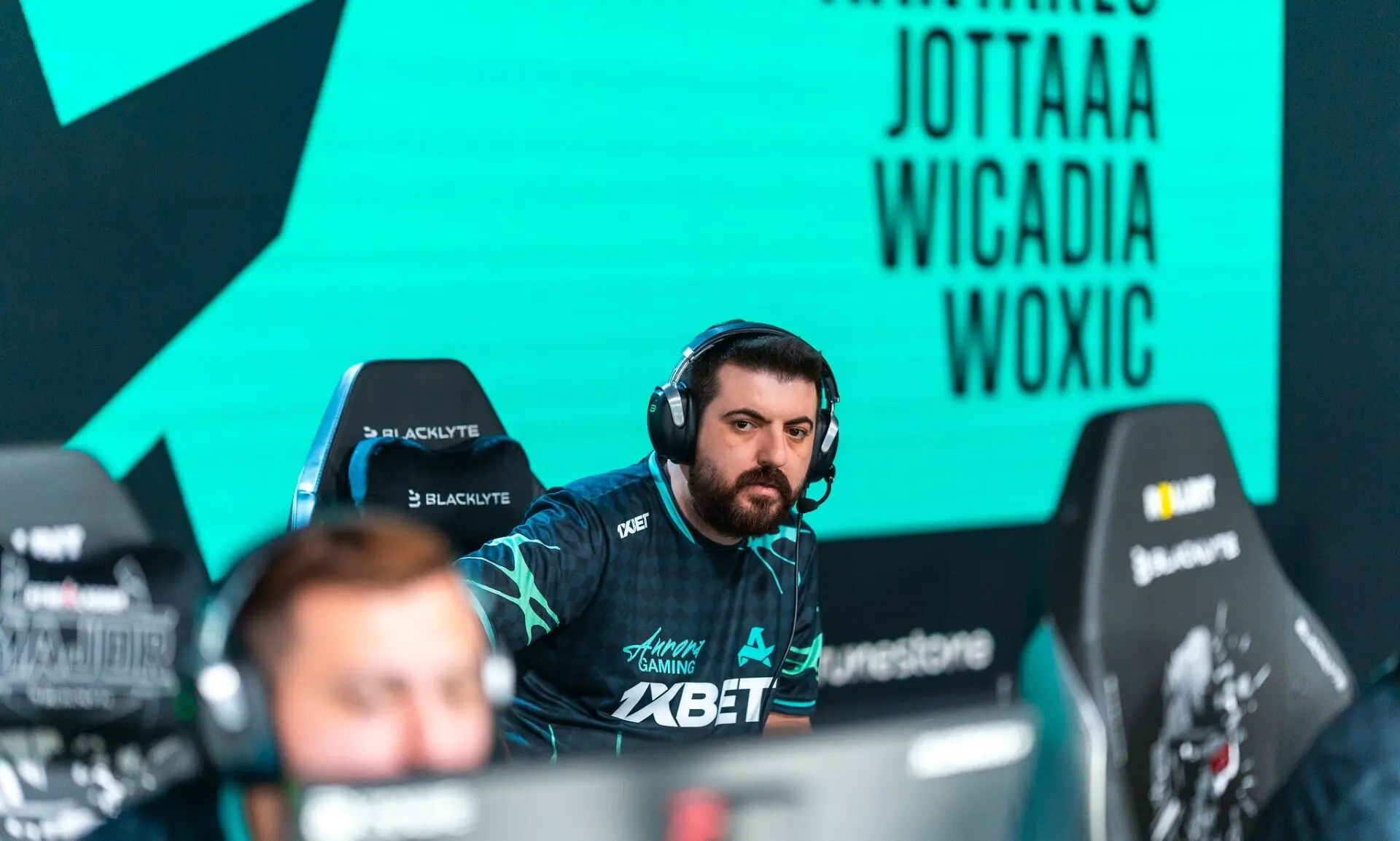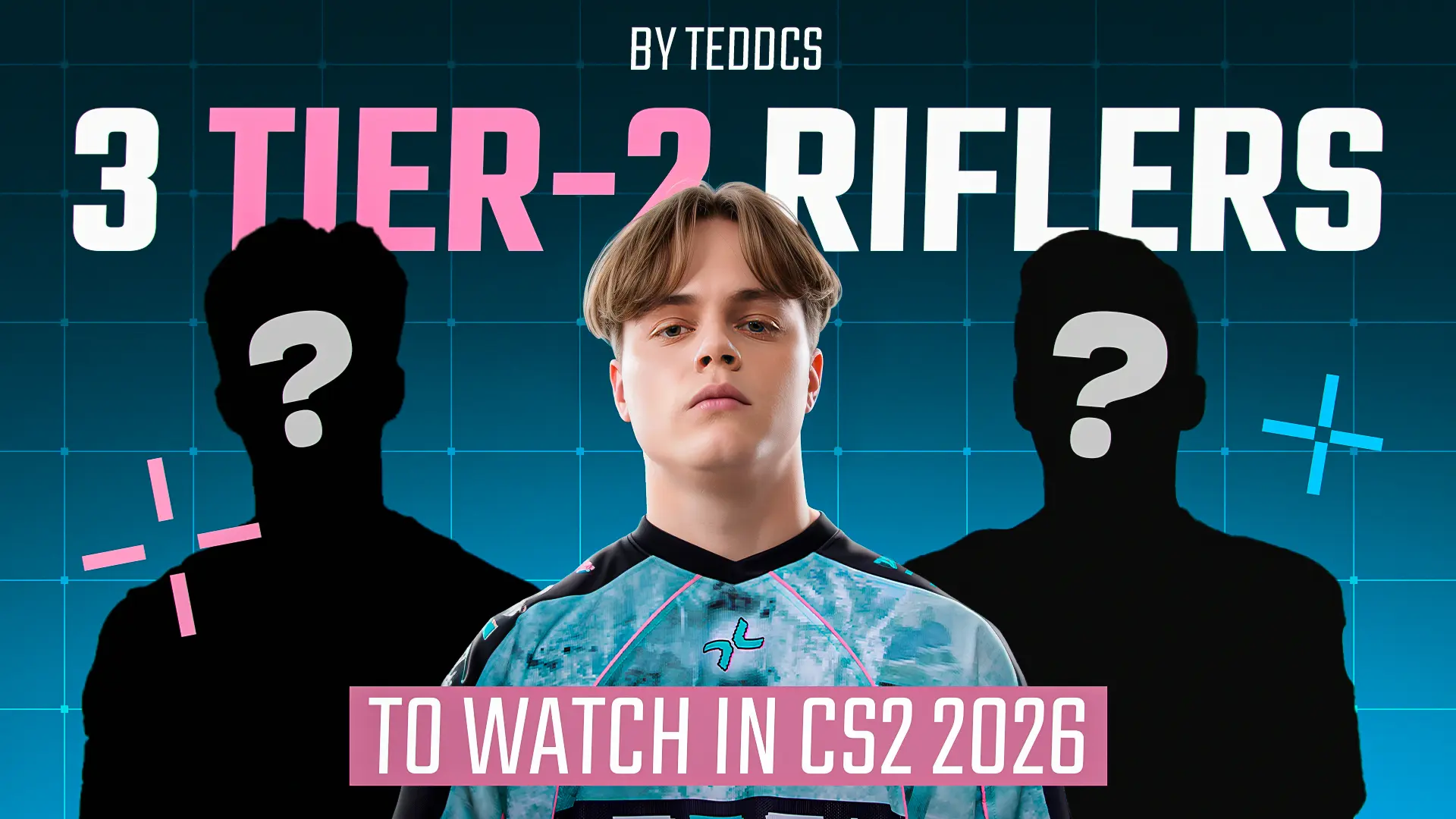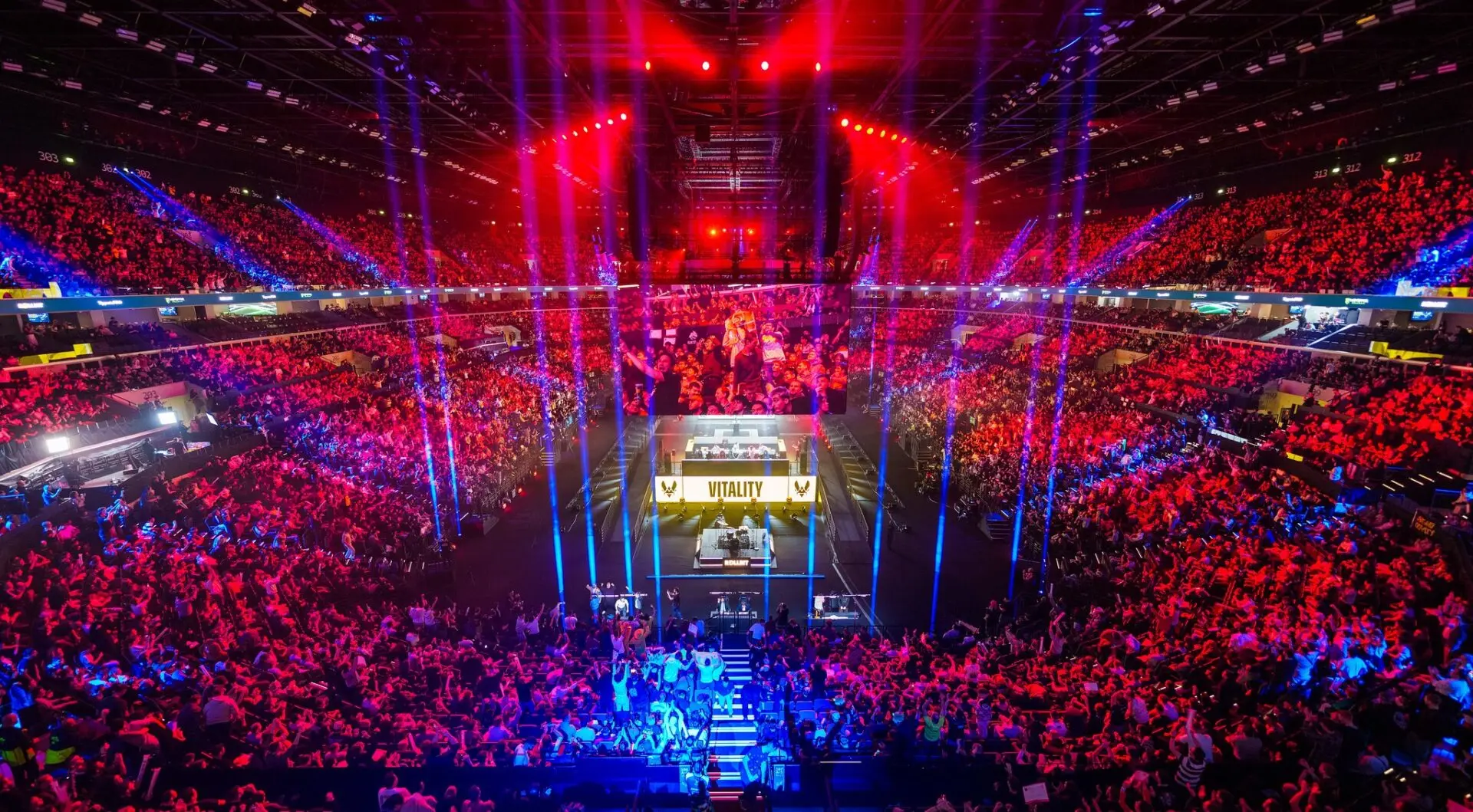A heated discussion broke out in the CS2 community after a FACEIT video surfaced showing a female player facing a barrage of insults from her teammates. Some saw this as an example of gender-based harassment, while others dismissed it as ordinary trash talk — something deeply ingrained in the culture of the game.
Where the Scandal Started
I just wanna show you guys how draining it is to play faceit as a woman these days. Yes i know these guys will likely get banned, yes i have reported them, no you don't have to tag darwin. But it's getting draining. This is over 50% of my games these days. Banning these types of… pic.twitter.com/4nINLADEeX
— peach (@hvnlypeach) August 30, 2025
The controversy began with a post by a gamer and streamer on Twitter, where she admitted how exhausting it is to play on FACEIT when more than half of her matches are filled with gender-based insults.
Yes, I know these guys will get banned. Yes, I reported them. But it’s exhausting. Bans don’t solve the problem. Please, if you see a girl being harassed in the lobby — say something. It doesn’t always stop it, but at least it makes you feel supported, she wrote.
In clips from the match that quickly went viral, teammates can be heard hurling profanity, mocking, and throwing derogatory remarks directly at her. This fragment sparked an intense reaction — ranging from words of support to accusations of exaggeration and “trying to turn the game into a safe space.”
read more
Asmongold’s Reaction
The situation did not go unnoticed among major streamers. Asmongold, in a YouTube clip, questioned the interpretation of the story as sexism.
You got called a dumb [___] — that’s a gender-neutral insult. I get called that myself when I throw a grenade at my own feet. That’s normal for CS, he said.
In his view, it was more emotional trash talk triggered by poor in-game performance rather than targeted harassment based on gender. He even labeled the gamer a “Counter-Strike Karen”, suggesting she was exaggerating and too quick to demand bans.
The Duality of the Situation
- From the perspective of the player and her supporters
Any insults — especially those with undertones aimed at gender or personality — are always painful. In a male-dominated community, where profanity is often considered “normal,” for a woman, who is already in the minority, it becomes additional pressure. Systematic negativity, repeated in every other game, can truly be exhausting and discourage someone from playing altogether.
read more
- From the perspective of critics and Asmongold’s supporters
CS culture has always been tightly connected to trash talk. Toxic comments can be heard at any level, from public servers to top-tier tournaments. Professional players also often poke fun at opponents in chat or shout provocative phrases during games. Yet after the match, they still shake hands, acknowledging that it’s part of the “competitive spirit.”
This is similar to traditional sports: in football, fans chant offensive slogans at rivals; in boxing, fighters mock each other publicly. It’s not always pleasant, but it’s an inseparable part of competitive disciplines where emotions run high.
Community Reaction
On social media, the debate spilled into hundreds of comments with opposing views.
- Some players expressed support: “This is disgusting, no one should go through this” (vixipxsi), “I get you, it really is exhausting.”
- Others claimed the situation was exaggerated: “I’d laugh at any teammate who blew themselves up with a grenade too” (BMilitant).
- Some offered technical advice: “Bind a key to mute/unmute voice chat,” to which the player agreed, calling it an “emergency silence button.”
- On YouTube, comments were even harsher: “She confused a competitive game with a safe space,” “Schrödinger’s feminism: both a victim and a strong woman at the same time.”
- But there were also those who criticized the format of the harassment itself: “The worst part is these people only get a few days’ ban and then immediately return to do the same thing again.”
read more
This case revealed just how differently the CS community perceives toxicity. For some, it is deliberate harassment that makes the game unbearable. For others, it is simply an everyday part of Counter-Strike culture, where harsh trash talk is seen as a “rule of the game.”
At the same time, we must emphasize: we condemn all forms of personal attacks and any display of aggression toward others. While people should not be ashamed of showing emotions, they should never cross the line into humiliation or insults directed at those around them.
The key question remains: where exactly is the line between the emotional component of competitive play and real discrimination that drives people away from the game?




































